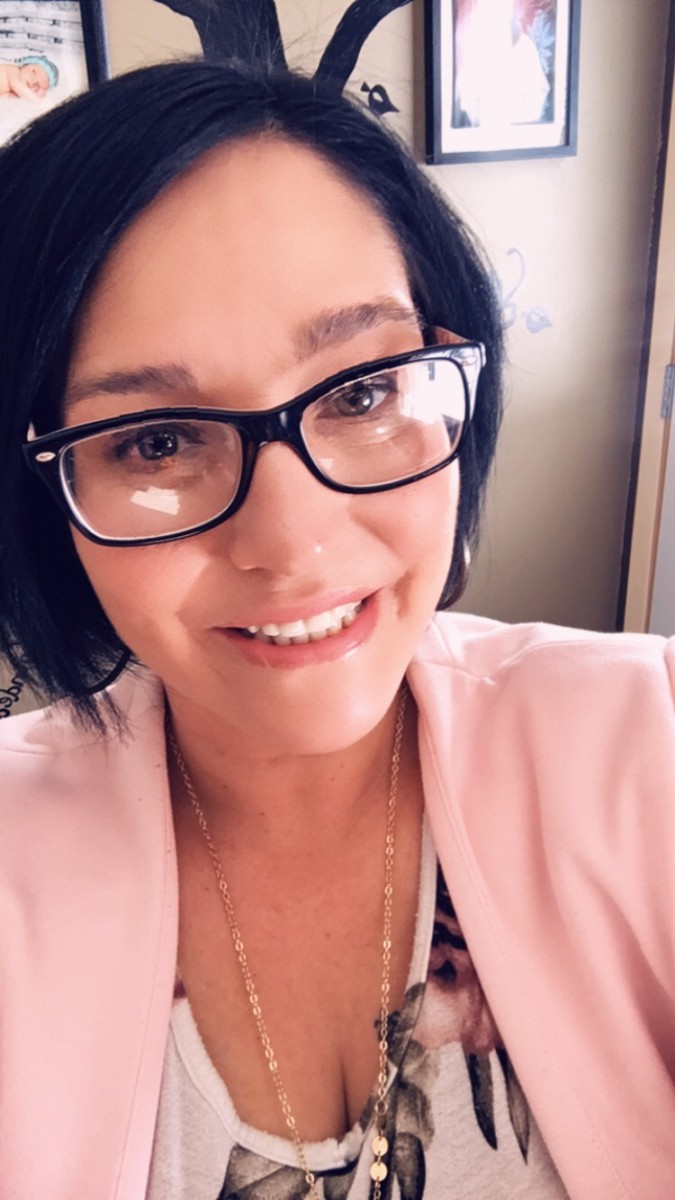Since St. Thomas University student Nicole Augustine received the Jordan’s Principle Scholarship on Oct. 8, she said she is slowly but surely becoming a voice for Indigenous youth.
“It’s not fair how society treats Indigenous children and if I can make a difference to just one child, then I’m doing something right,” she said.
Her research, which she is still working on, focuses on changing the definition of the best interests of the child in regards to the Family Services Act to focus on more of an Indigenous definition.
She said her current role as a service coordinator at Jordans Principal at Mawiw, a non-profit organization, requires her to constantly be involved with current information in advocating for services for Indigenous children.
Augustine said the number of Indigenous children in the Canadian Child Welfare System who are away from their parents is significant due to the impact residential schools had on their ancestors, which affected the passing down of knowledge.
“The teachings that should have been passed down through generations, such as how to be a parent and how to take care of our children has been eroded through residential schools.”
She has also worked with other service providers in development of a holistic framework for service delivery in Indigenous communities. She has worked as a stenographer for the Healing to Wellness Court in Elsipogtog, and as a Gladue report worker for the Mi’kmaq Legal Support Network, finding more appropriate sentencing for aboriginal offenders other than incarceration.
Previously, Augustine has participated in the planning and delivery of the Truth and Reconciliation commemoration in Elsipogtog First Nation and volunteered during her studies for youth worker as fundraiser to send people with disabilities to summer camp.
As a service coordinator, she’s written letters to advocate for equality for Indigenous children to receive special services under special circumstances.
Augustine received her degree from St. Thomas University with majors in Native Studies and criminology in 2009. She took some social welfare and Indigenous courses that she said sparked an interest in her.
She said it was her undergraduate that helped her realize her passion for social work.
She said she realized, after taking the program, there is a lot more than the Family Service Act that actually governs or influences the direction of social work practices including racist policies that contribute to how Indigenous children are handled in the child welfare system.
“That pushed me towards being in my community and seeing the inequalities that occur.”
Augustine applied for the scholarship earlier this year. The scholarship recognizes First Nation students who have made significant efforts to help Indigenous children and youth.
Augustine is in the third year of her post-degree for the Mi’kmaq-Maliseet Bachelor of Social Work program. She is also a single mother of six children.
Augustine said finding a balance between studying, advocacy work and being a mother wasn’t something she discovered, but rather something that she had to do.
“If it wasn’t for that determination, I don’t think that I would be able to do it … So, if I can be a role model to Indigenous children, hopefully, I’m breaking those traumas that are passed down through generations.”
Augustine said she’s inspired by Dr. Cindy Blackstock, an author, public speaker, professor and advocate on Indigenous youth rights. Blackstock is best known for alleging in her research that the Canadian government discriminates against Indigenous children by underfunding child welfare on reserves.
Augustine said she believes if all communities would listen to Blackstock and implement practices from her book Spirit Bear and Children Make History, they could improve the lives of Indigenous children.
Augustine said the fight for Indigenous children’s rights is far from over.
“There’s been a cut-off of those traditional values that we’re supposed to teach our children and how we’re supposed to raise our children,” Augustine said.
“We have a colonial system that comes in and re-victimizes [our culture] again.”
“So it’s much like the residential school system; it hasn’t changed. It’s just that they’re doing it differently.”

